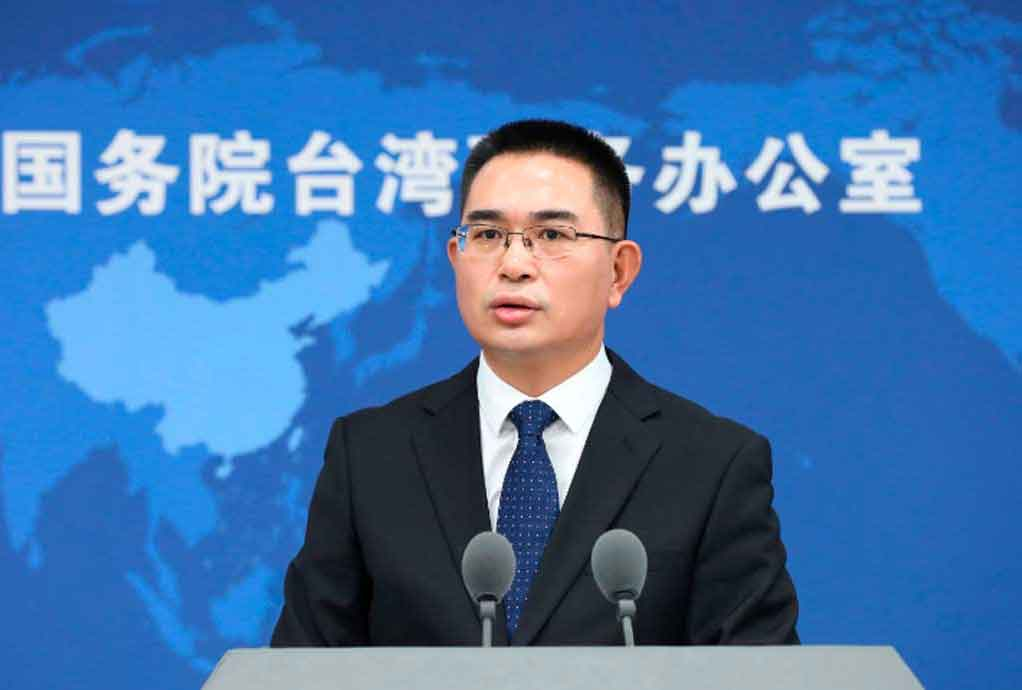
Chen reiterated that the United States must adhere to the "One China" principle and respect the three joint communiqués between the two countries, which pledge not to support Taiwan's independence
Havana, Dec 25 (RHC) The spokesman of the Taiwan Affairs Office of the State Council of China, Chen Binhua, today expressed the government's firm opposition to the United States' arms sales to Taiwan.
Chen made these remarks after learning about the arrival of 38 M1A2T Abrams tanks on the island, which were part of a shipment of military equipment provided by Washington.
According to the Taiwanese military authorities, the refueling and adaptation training of these tanks is expected to begin in early February next year.
Chen reiterated that the United States must adhere to the "One China" principle and respect the three joint communiqués between the two countries, which pledge not to support Taiwan's independence.
He stressed that the supply of weapons to the island only increases the risks and undermines peace and stability in the Taiwan Strait.
The spokesman warned those who seek to challenge China's sovereignty that they should not underestimate the determination and ability of the people and government of this country to defend its territorial and national integrity.
He emphasized that Taiwan's separatist actions and foreign interventions cannot weaken Beijing's resolve to achieve national reunification, a process that is historic and irreversible.
Earlier this month, Beijing announced countermeasures against 13 U.S. military industry companies and six of their top executives involved in arms sales to Taiwan.
The statement, issued under Order No. 14 of the Ministry of Foreign Affairs, mandates the freezing of movable, immovable, and other assets of the aforementioned companies in China, in addition to prohibiting any type of transaction or cooperation with entities or individuals in the country.
Furthermore, six senior executives of these companies will face the freezing of their assets in China, the prohibition of economic activities with entities in the country, and the denial of entry to the country, including Hong Kong and Macau. (Source: Prensa Latina)

